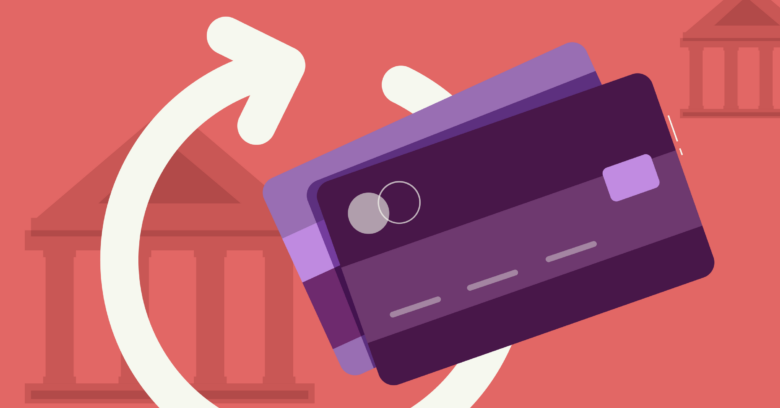Over the past 14 years, we’ve all witnessed how digital currencies have carved their way into the global financial system, going from an inconspicuous and rather disregarded asset class to one of the biggest innovations of the century. Crypto exchanges like Binance where people can get live updates on Bitcoin price and other major coins, and trade digital assets with ease, have become commonplace these days. And even though cryptocurrencies might not be a mainstream asset just yet, their popularity as an investment venue and as an alternative form of payment has increased considerably in recent years.
The benefits that digital currencies provide haven’t gone unnoticed by business professionals either, which is why more companies are now integrating crypto into their payment infrastructure or are at least considering this option. Some of the biggest companies in the world such as Microsoft, Burger King, KFC, Twitch, Express VPN and Starbucks have already incorporated crypto payments into their system and many others are expected to follow in their footsteps.
However, it’s not just world-renowned brands that can take advantage of this novel asset class. Enabling crypto payments can benefit smaller businesses just as much as it benefits larger stakeholders. It’s understandable that a lot of entrepreneurs are still on the fence about making such a move, given the controversies surrounding digital assets and the risks associated with crypto usage. But it would be unwise to disregard the perks that crypto payments can provide businesses.
So, here are some of the reasons why a growing number of companies are becoming crypto-friendly and why, as an entrepreneur, you should also take this option into account.
Contents
Lower fees

Source: blog.firefishsoftware.com
With more customers using their cards instead of cash to pay for the products/services they purchase, transaction fees have become a growing concern for businesses across all industries. Payment service providers charge companies a fee for every transaction they facilitate, and that represents a profit loss on the business side.
Crypto payments, on the other hand, don’t require a third party to handle transactions, since they are completely decentralized, meaning that fees can be greatly reduced or completely eliminated. Even those who choose to use a crypto payment gateway provider are still able to enjoy lower fees than those using conventional payment methods. This allows businesses to save a lot of money on transaction fees and thus set a more competitive price for their products/services.
Faster transactions
It’s not just the high transaction fees charged by traditional payment processors that represent an issue for businesses these days but also the amount of time required to process transactions. It can take up to several working days for a credit or debit card transaction to be completed, and as we all know, time is money in the business world. Transactions can be particularly slow when it comes to large sums of money, or international transfers due to the exchange rates and the complicated protocols that traditional banks have to follow, not to mention that transfers can only be processed during weekdays.
Digital assets don’t have these types of restrictions. They are borderless and universal, so companies don’t have to worry about exchange rates, business hours, or waiting for days to receive the funds in their account. Anyone can conduct a cryptocurrency transaction from anywhere and at any time, and in most cases, the transfer takes place almost instantly.
Chargeback fraud prevention

Source: razorpay.com
It’s not uncommon for businesses to deal with fraudulent chargebacks. This happens when customers manage to obtain a refund for the products/services they’ve purchased from a company by circumventing the merchant and disputing the transaction with the bank. While it’s possible for companies to challenge these transactions, the process tends to be lengthy and complicated and most of them eventually accept the loss.
With crypto payments, the risk of falling victim to friendly fraud is zero. That’s because cryptocurrency transactions are irreversible and cannot be altered. If a customer makes a payment toward the company, they can’t change their mind and cancel the payment or get their money back after the transaction has been completed.
Enhanced security
Digital currencies are powered by blockchain technology. Blockchains are digitally distributed and decentralized public ledgers that store and record transactions on a network made of nodes. Therefore, there is no single entity that controls crypto transactions and no one can alter the information stored on the blockchain, which considerably reduces the risk of fraud.
Apart from the inherent security features that crypto payments offer, companies can also benefit from extra security layers provided by the crypto payment gateway or processors they choose, or by blockchain monitoring services. But even without these add-ons, businesses still get to enjoy enhanced security and greater peace of mind when using crypto payments.
Growth opportunities

Source: omfif.org
Customers appreciate it when businesses provide them with multiple payment options. And with the number of crypto users growing over the past few years, it makes perfect sense for companies to include a payment method that also caters to their needs. What’s more, a lot of people don’t even have a bank account or a card, and that limits their access to many of the products and services provided by companies online.
Since crypto payments can be conducted from anywhere in the world by anyone who has a smart device and internet connection, and they don’t require currency conversions, businesses can access a greater pool of customers.
Preparing for the future
A lot of experts believe that crypto represents the future of money. The road to mainstream acceptance may be long and bumpy, but we can surely notice that people are becoming more aware of the benefits that cryptocurrencies provide, so the demand for crypto services is probably going to increase in the years to come. Integrating crypto payments into the business structure allows companies to prepare for a future where digital currencies will serve as a mainstream form of payment, and that will put them one step ahead of the competition.
